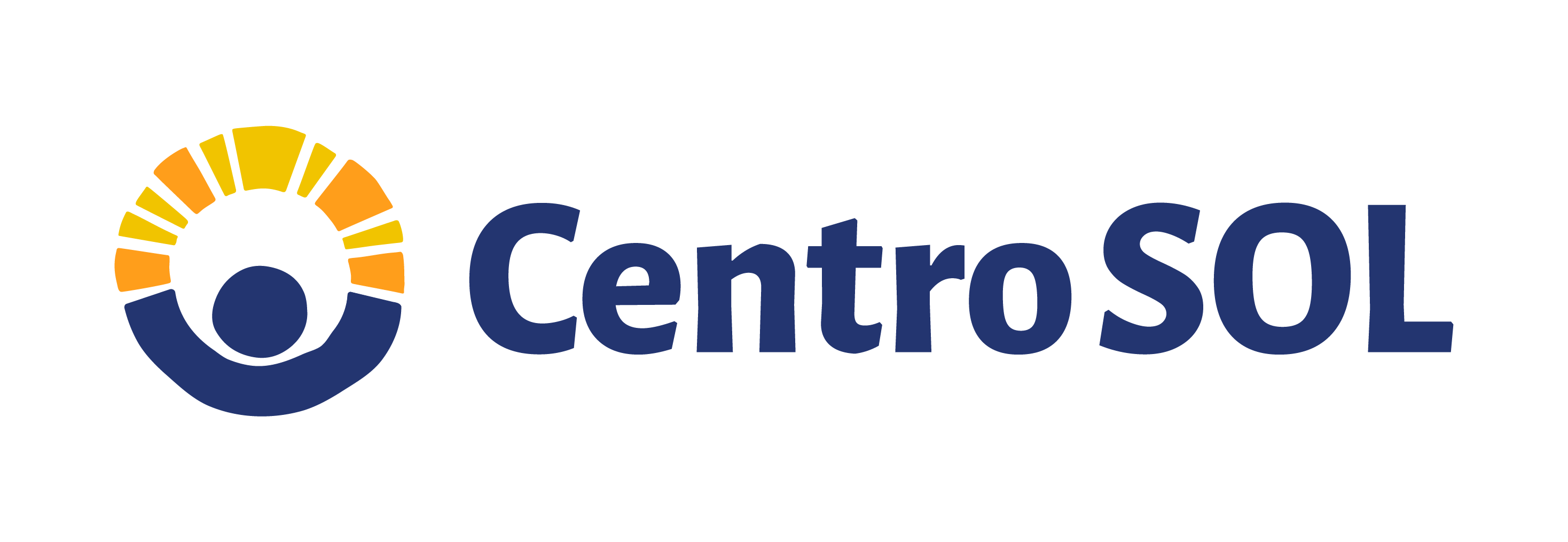Post date
2019
Publication
Patient Education and Counseling
Abstract
Among children in low-income families 1) examine associations between parent activation and pediatric primary care outcomes and 2) explore parent perspectives on Parent-Patient Activation Measure (P-PAM) questions in relation to pediatric primary care experiences. We examined associations between P-PAM score via Spanish- or English-language survey and healthcare outcomes abstracted from electronic medical records for parent/child dyads at an urban general pediatrics clinic. Parent perspectives were elicited via qualitative interviews with a subsample of parents who “thought aloud” during P-PAM completion. Among 316 Spanish (68%) and English-language parent/child dyads, we found associations between parent activation and primary care outcomes only among Spanish-language dyads and only for weight and health status. Findings from 21 interviews provided possible explanations for quantitative findings including question limitations in assessing knowledge, skills, and confidence in pediatric primary care and P-PAM cultural and linguistic appropriateness for low-income Latino populations. Pairing quantitative and qualitative methods provided insight on P-PAM measurement limitations and raised questions about its use in patient engagement interventions to reduce health disparities. Practices serving vulnerable children and families should consider the limitations of the P-PAM for measuring parent healthcare engagement before utilizing the P-PAM in patient engagement interventions.
Citation
DeCamp, L. R., Showell, N., Godage, S. K., Leifheit, K. M., Valenzuela-Araujo, D., Shah, H., & Polk, S. (2019). Parent activation and pediatric primary care outcomes for vulnerable children: A mixed methods study. Patient education and counseling.

